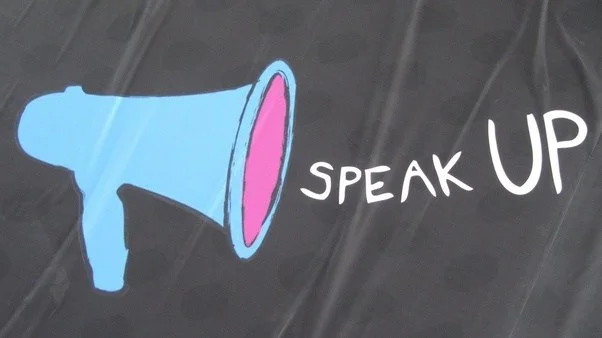Simply write "confidential" in the field. Expect your recruiter or HR contact to react when you do this. They don't like it when candidates don't follow instructions, especially when it's a required field or when a candidate does something out of the norm.
If you do buckle under the recruiter's pressure, you divulge your biggest piece of negotiation leverage. There's no reason for your prospective employer to beat your current salary by anything more than a slight margin. This is called revealing your best alternative to a negotiated agreement (BATNA).
When asked why you won't reveal your current salary, simply tell your contact that you pledged your current employer that you wouldn't reveal confidential business information (via a signed NDA). If they whine and say every other candidate hasn't had a problem with this, simply restate your position. Take the high ground. You might even been respected for your integrity.
Do keep in mind that you do need to divulge how much do you expect to get in compensation. This is a different question from "how much do you currently make?" Recruiter doesn't want to waste time with a candidate they can't close, especially if their salary expectations are out of range. So a possible line could be, "Due to confidentiality reasons, I can't divulge my current salary, but I can tell you that I expect a base salary of $50,000 for this role. It's in line with market rates for a professional with my skills and experience." Most recruiters would appreciate and accept this information, in lieu of your current salary.
If it helps you sleep better at night, just know that the "What's your current salary?" question is completely unfair to the candidate. To be fair, candidates deserve answers to this question, "What's the highest possible you're willing to pay for this position?" But don't bother asking them. The company won't tell you (but a executive recruiter might).


